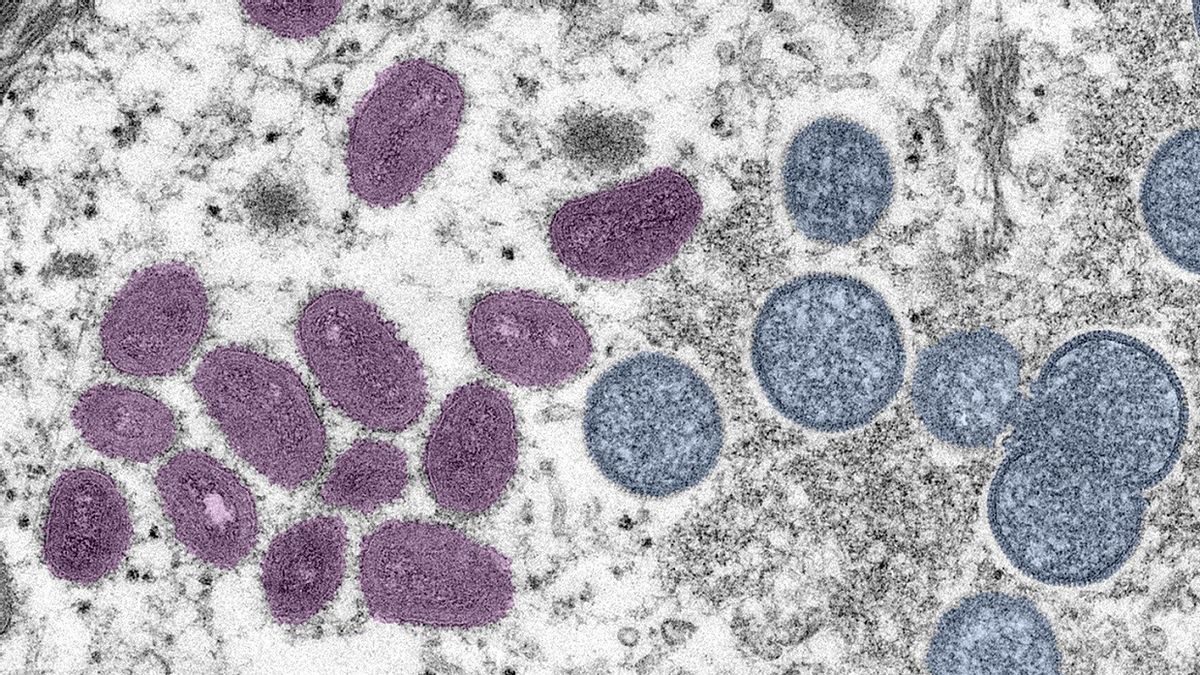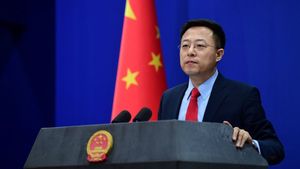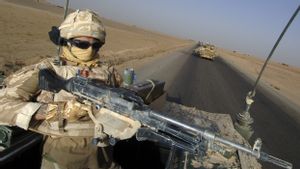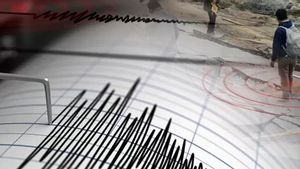JAKARTA - World Health Organization (WHO) revealed that there are currently more than 18,000 cases of monkeypox globally in 78 countries, the majority in Europe.
Late last week, WHO declared the outbreak a global health emergency. So far, 98 percent of cases outside of countries in Africa where the virus is endemic have been reported in men who have sex with men, the WHO said.
Director General of WHO Dr. Tedros Adhanom Ghebreyesus urged the group to consider reducing the number of new sexual partners, and exchanging contact details with new partners.
"This is an outbreak that can be stopped. The best way to do that is to reduce the risk of exposure," Tedros said at a news conference from Geneva.
"That means making safe choices for yourself and others."
Monkeypox is in the process of changing its name, to avoid it being "armed" or used in a racist way, said WHO emergency director Mike Ryan.
In addition, the UN agency recommends vaccination for high-risk groups, including health workers, and men who have sex with men and have multiple sexual partners.
It warns that it can take several weeks after getting a second dose of vaccine to be fully protected, so people should take other precautions until then.
The WHO said around 10 cases of monkeypox had been hospitalized in the current outbreak and five had died, all in Africa.
It is known that monkeypox has been a neglected public health problem globally in parts of Africa for decades, but cases began to be reported outside endemic countries in May.
SEE ALSO:
It usually causes mild to moderate symptoms, including fever, fatigue, and painful skin lesions that resolve within a few weeks.
Dr. Tedros said there are about 16 million doses of the approved vaccine available, but only in large quantities, so it will take several months to get them into the bottle.
The WHO also urged countries with stocks to share vaccines while supplies were limited, he added. It is estimated that between 5 million and 10 million doses of the vaccine will be needed to protect all high-risk groups.
The English, Chinese, Japanese, Arabic, and French versions are automatically generated by the AI. So there may still be inaccuracies in translating, please always see Indonesian as our main language. (system supported by DigitalSiber.id)













